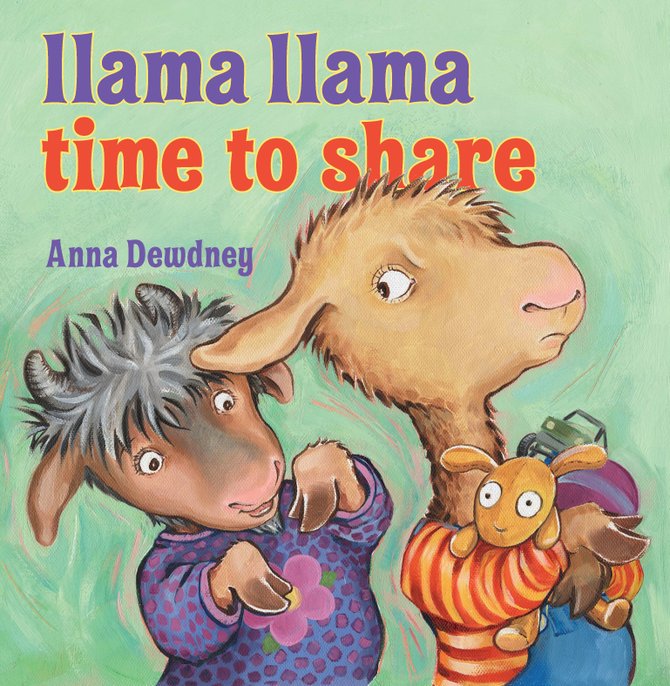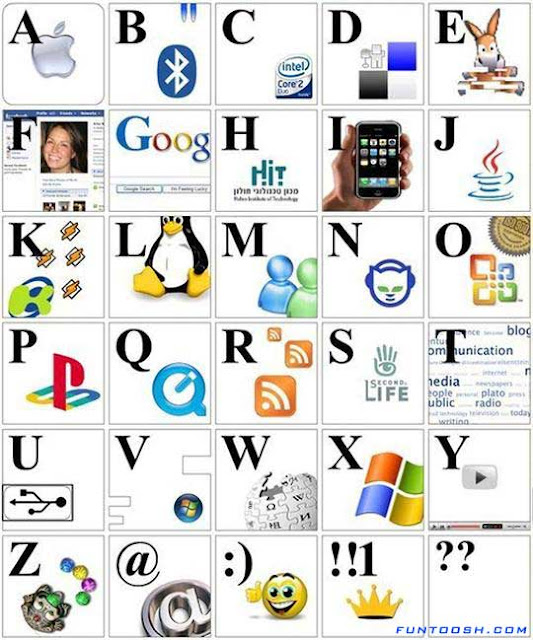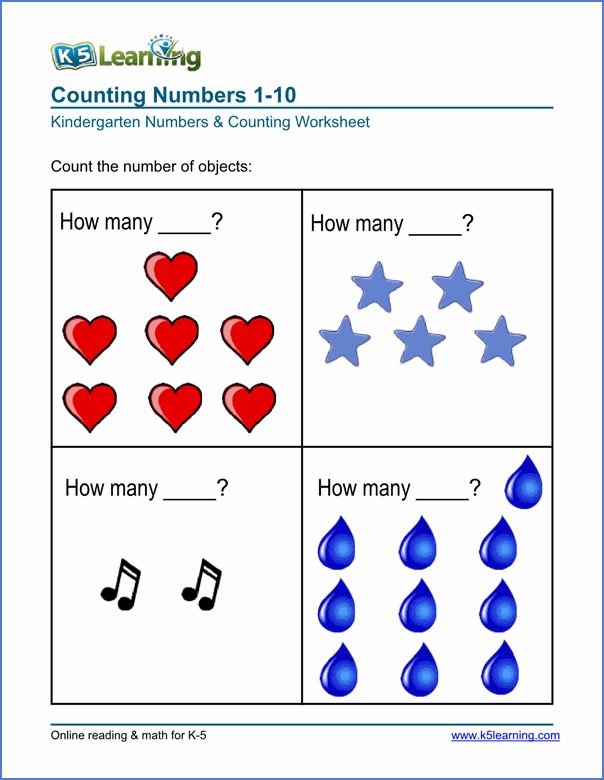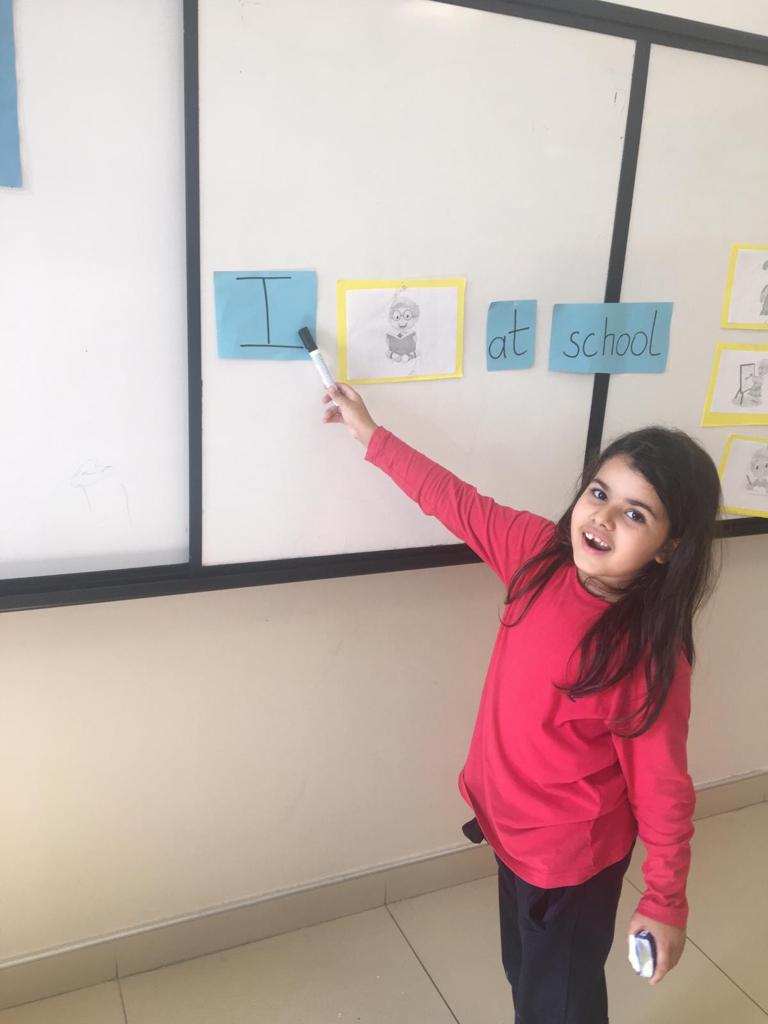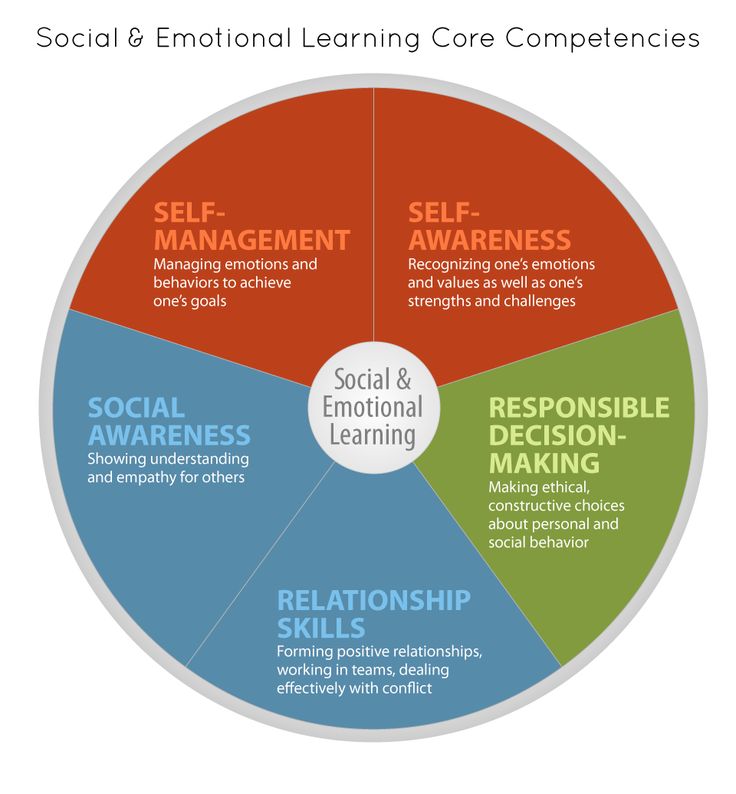Story related to science
Teaching science through stories | STEM
Children’s stories provide a great context for learning science. Explore our resource packages based around popular children’s books and discover the science hidden in a book. Resources include book summaries, hints and tips for teaching the science and further stories on a similar theme.
They are organised into three age groups:
5-7 7-9 9-11
5 -7 years
-
Handa's surprise
Handa's Surprise would make a great starting point about the needs of living things linked to diet and the specific needs of humans.
NEEDS OF LIVINGS THINGS, DIETS AND ANIMALS
-
Jack and the Beanstalk
The story of Jack and the Beanstalk makes a great starting point for teaching the topic of plants to younger primary aged children.
PLANTS
-
LITTLE RED RIDING HOOD
As Little Red Riding Hood is set in a wood, it makes a lovely starting point for finding out about habitats.
HABITATS AND FOOD CHAINS
-
ONCE THERE WERE GIANTS
Support children to understand that all animals, including humans, have offspring which grow into adults.
ANIMALS INCLUDING HUMANS AND LIFECYCLES
-
ONE YEAR WITH KIPPER
One Year with Kipper provides a nice link into work on Seasonal Change as children work to observe changes across the four seasons.
seasons and weather
-
RSPB: MY FIRST BOOK OF GARDEN BIRDS
My First Book of Garden Birds helps to meet the objective to identify and name a variety of common birds.
-
TADPOLE'S PROMISE
Tadpole's Promise is a great story to use when exploring life cycles and helping children to describe the difference in the life cycle of a mammal, an amphibian, an insect and a bird.
LIFECYCLES
-
THE GRUFFALO
The Gruffalo can support children to learn more about habitats and to identify and name a variety of plants and animals in different habitats, including micro-habitats.

IDENTIFYING AND NAMING ANIMALS
-
THE THREE LITTLE PIGS
Help children to think about identifying different materials and considering what properties they have and how this suits them for different purposes.
MATERIALS AND THEIR USES
7 - 9 years
-
Charlie and the chocolate factory
Charlie and the Chocolate Factory by Roald Dahl provides a good context to learn about states of matter.
STATES OF MATTER
-
Horrid Henry Rocks
Horrid Henry Rocks is a great book to start teaching about sound and exploring how sounds are made.
SOUND
-
The Firework-Maker's Daughter
The Firework Maker’s Daughter by Philip Pullman is a good starting point for teaching about light.
LIGHT
-
the iron man
The Iron Man is the perfect story to explain how magnets attract or repel each other and attract some material and not others.
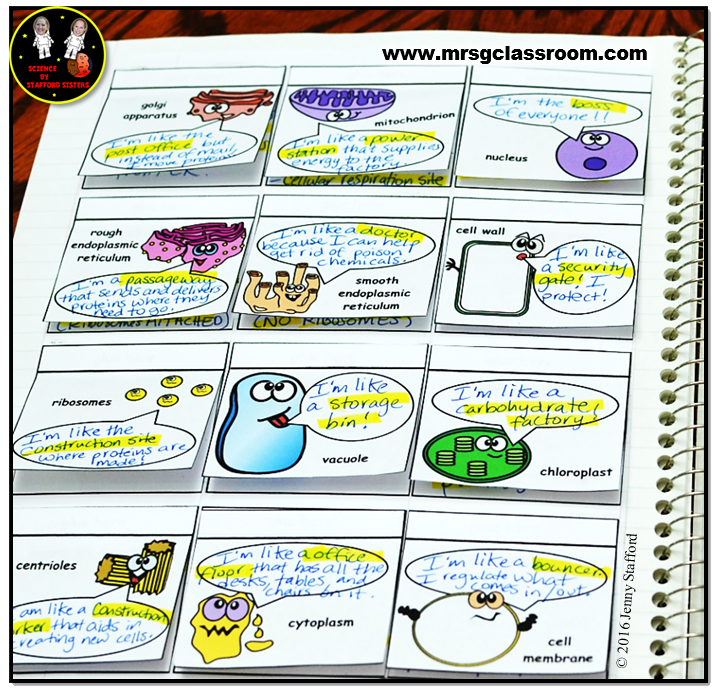
FORCES And magnetism
-
The little mole who knew it was none of his business
This funny tale creates a great setting through which children can explore simple functions of the basic parts of the digestive system in humans.
DIGESTION -
the pebble in my pocket
Pebble In My Pocket tells the dynamic story of rock formation; showing the reader the processes that the pebble goes through from its beginnings in a fiery volcano 480 million years ago.
ROCKS AND SOILS
-
the story of frog belly rat bone
The story of Frog Belly Rat Bone provides a good setting for investigating plants and their benefits to our environment.
PLANTS
-
the vanishing rainforest
The Vanishing Rainforest by Richard Platt is a good book for looking at the human impact on the environment, in particular deforestation.
HUMAN IMPACT ON THE ENVIRONMENT
-
wolves
Wolves is a brilliant setting for constructing and interpreting a variety of food chains, as well as identifying producers, predators and prey.
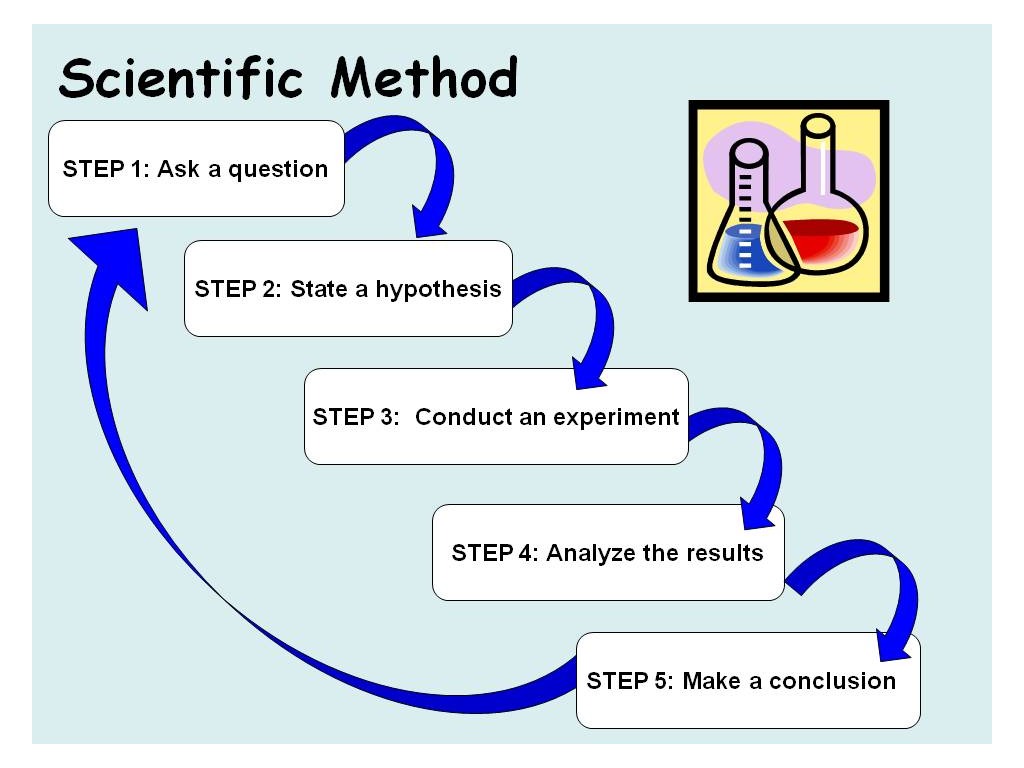
FOODCHAINS
9-11 years
-
BEETLE BOY
Beetle Boy provides a nice way to link to work on classification of invertebrates.
CLASSIFICATION
-
CHARLOTTE'S WEB
This is the perfect story to compare the lifecycles of different animals and plants.
LIFECYCLES
-
PIG HEART BOY
Pig Heart Boy provides a good setting for learning about the heart and circulation.
CIRCULATION
-
George's Secret Key To The Universe
George's Secret Key to the Universe is a fun read and contains lots of factual sections for help with teaching about the solar system.
SOLAR SYSTEMS
-
Goodnight Mr Tom
This wartime story is ideal for exploring the uses of electricity and how circuits work.
ELECTRICITY
-
itch
Itch is an action-backed story in which is great for finding out more about changes of state.
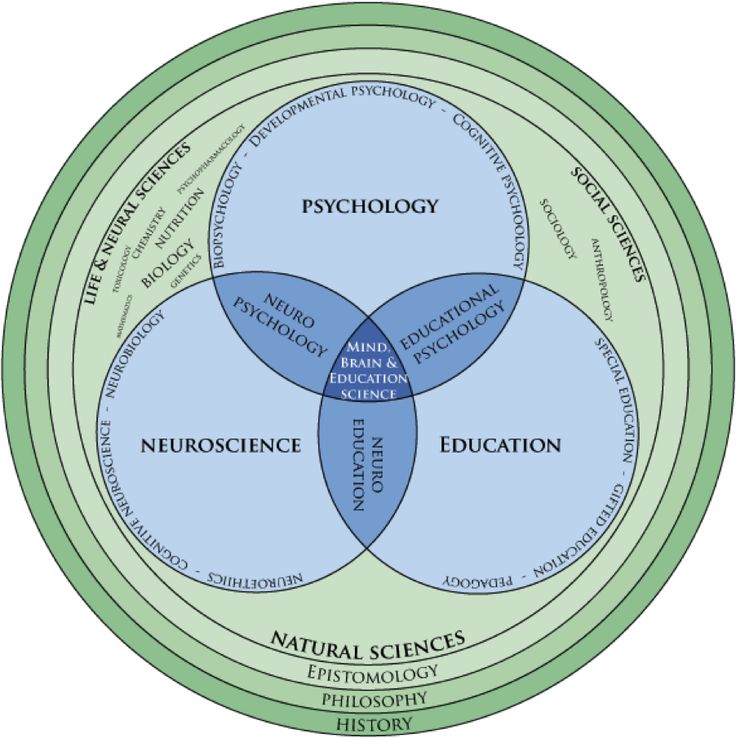
CHANGES OF STATE
-
Kensuke's Kingdom
Kensuke’s Kingdom is full of opportunities to explore properties of materials, you can even use the context of survival scenarios linked to the book.
PROPERTIES OF MATERIALS
-
ONE SMART FISH
One Smart Fish by Christopher Wormell provides a meaningful context for learning about adaptations and evolution.
EVOLUTION AND INHERITANCE
-
The Tin Snail
The Tin Snail by Cameron McAllister provides a context for learning about forces and mechanisms, including levers, pulleys and gears.
FORCES AND ENGINEERING
The top 10 science stories of 2019, including that black hole picture
Science is good at measuring progress — and where we fall short. Science News’ Top 10 stories of the year reflect that duality, from celebrating great achievements to highlighting problems we had hoped to avoid.
This was the year in which more than a decade of effort by hundreds of scientists who created a globe-spanning “telescope” to see the previously unseeable paid off.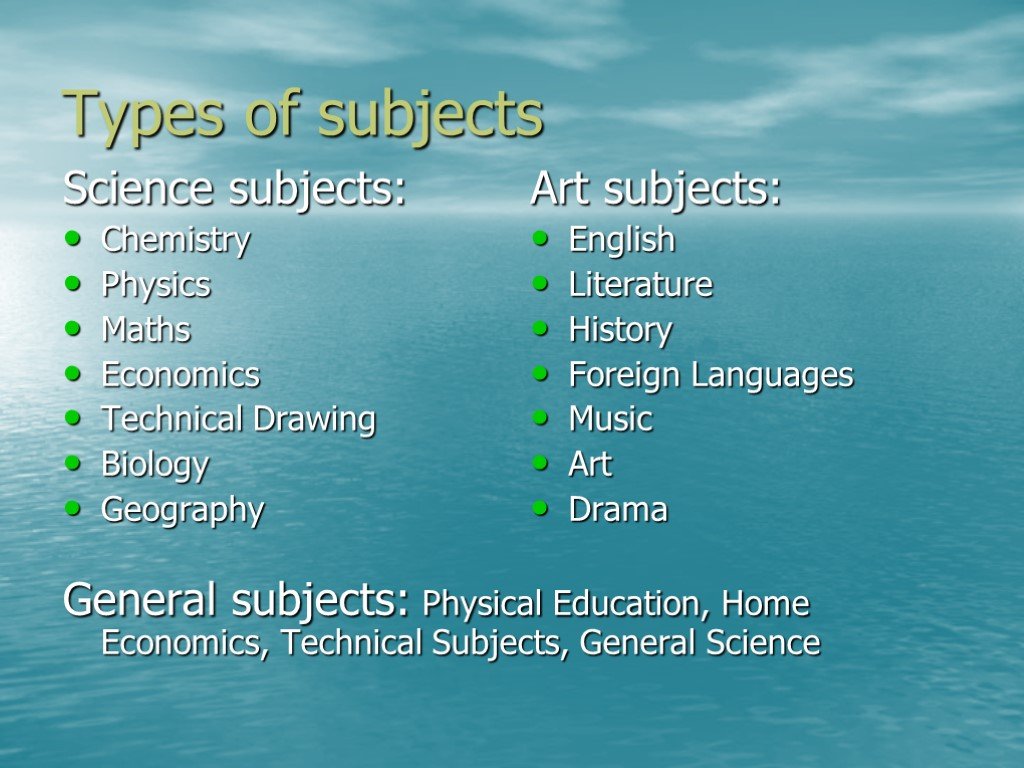 The Event Horizon Telescope captured the first image of a black hole. That now-iconic picture confirmed a fundamental theory of how our universe works (Einstein, still right) and opened up a new era of exploration, making it our top story of 2019.
The Event Horizon Telescope captured the first image of a black hole. That now-iconic picture confirmed a fundamental theory of how our universe works (Einstein, still right) and opened up a new era of exploration, making it our top story of 2019.
That wasn’t the year’s only big milestone. Just seven years after its development, the gene-editing tool CRISPR/Cas9 moved into human clinical trials in the United States to see if the approach can treat cancer, blood disorders and an inherited form of blindness. And Google claimed quantum supremacy, saying it had created a qubit-based computer that could speedily solve a problem that would take a classical supercomputer thousands of years to do. That announcement provoked immediate pushback, but highlighted the groundwork being laid for the next big leap in quantum computing.
Sign Up For the Latest from
Science NewsHeadlines and summaries of the latest Science News articles, delivered to your inbox
Yet for every advance, there are setbacks. In 2019, several countries officially lost a hard-earned public health achievement — the elimination of measles, defined as a year without continuously spreading infections. The United States racked up its most measles cases since achieving elimination in 2000, but managed to just barely hold on to that status: An aggressive public health campaign ended one outbreak just before its one-year anniversary.
In 2019, several countries officially lost a hard-earned public health achievement — the elimination of measles, defined as a year without continuously spreading infections. The United States racked up its most measles cases since achieving elimination in 2000, but managed to just barely hold on to that status: An aggressive public health campaign ended one outbreak just before its one-year anniversary.
Many other records we never wanted to see were set in 2019; temperatures spiked to all-time highs in hundreds of places in the Northern Hemisphere, leading to deadly heat waves, fires and droughts. Scientists have been warning of looming catastrophes fueled by climate change for years. Perhaps 2019 will be remembered as the year that message finally caught fire with the public. Climate protests, many led by teen activists, spread globally to include millions of people. Only time will tell if the rising tide of people demanding action on climate change will become the turning point we remember in years to come.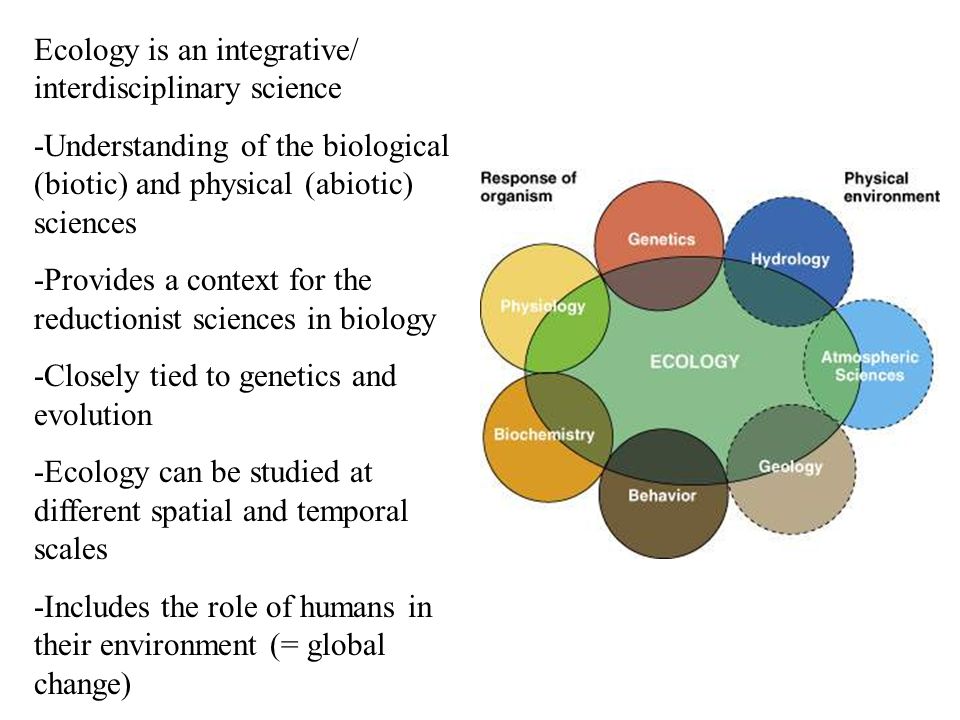
— Macon Morehouse, News Director
The Top 10 science stories of 2019
Portrait of a black hole
After more than a decade of work, results from the Event Horizon Telescope stunned the world this year with the first direct image of a black hole’s event horizon, the region beyond which not even light can escape. FULL STORY
Measles resurgence
In 2019, measles sickened more people in the United States than in any year since 1992. Two outbreaks in New York accounted for more than 75 percent of the cases. One of those outbreaks ran almost long enough to strip the United States of its measles elimination status, which it achieved in 2000. FULL STORY
Climate activism
This year, summer temperatures broke hundreds of all-time records, bringing unprecedented melting to Greenland and helping to fuel wildfires that raged across the Arctic. A stark report warned of a bleak future for Earth’s oceans and frozen regions.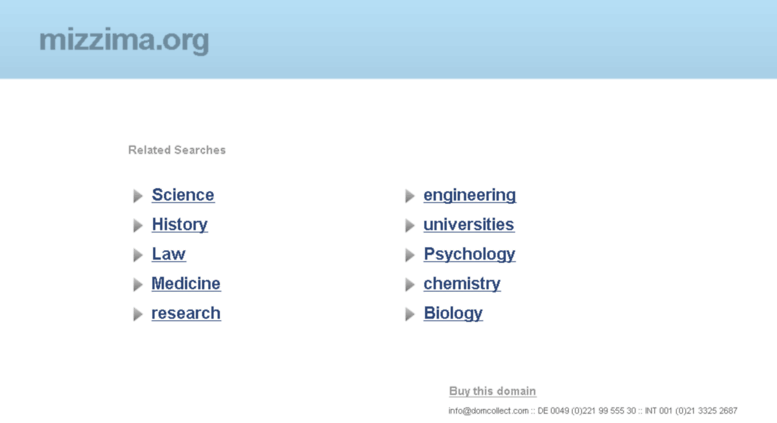 But climate scientists say that’s not 2019’s only takeaway: This year also saw record-breaking waves of climate activism. FULL STORY
But climate scientists say that’s not 2019’s only takeaway: This year also saw record-breaking waves of climate activism. FULL STORY
Dangers of vaping
E-cigarettes have enjoyed a reputation of being relatively harmless, at least among the public. But that began to change in 2019, when the first reported lung injuries and deaths linked to vaping provided a stark corrective. FULL STORY
Denisovan discoveries
Discoveries reported in 2019 brought an ancient group of hominids called Denisovans into focus — but left plenty of room for interpretation. As fossils accumulate, investigators will grasp how Denisovan anatomy influenced the skeletal makeup of Denisovans’ occasional mating partners, including Homo sapiens. FULL STORY
CRISPR in clinical trials
This year, researchers in the United States began testing the gene editor CRISPR/Cas9 in people, a crucial first step in determining whether the technology can fulfill its medical promise.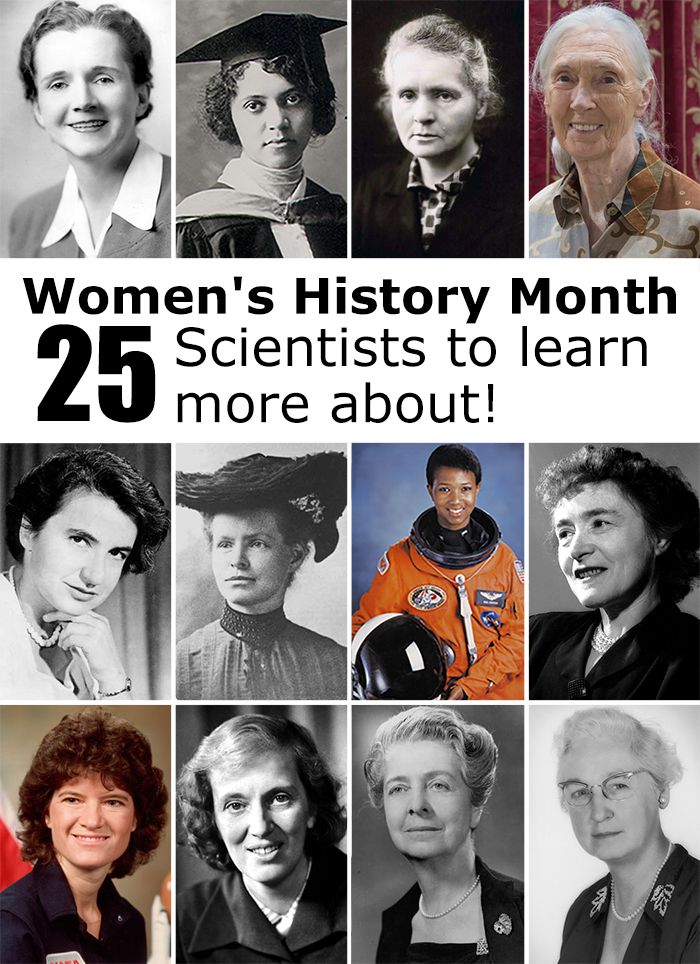 FULL STORY
FULL STORY
Quantum supremacy claim
In October, researchers from Google claimed to have achieved a milestone known as quantum supremacy. But IBM researchers countered that Google hadn’t done anything special. The clash highlights the intense commercial interest in quantum computing, as companies jostle for position at the forefront of the field. FULL STORY
Biodiversity under fire
Some big numbers from nature made news in 2019. They were enough of a shock to get people talking about the dwindling diversity of plants, animals and other life on Earth, and what to do about it. FULL STORY
Return to the moon
After decades with almost no traffic to the moon, space agencies clamored to land probes on Earth’s nearest neighbor in 2019. And the moonshot renaissance is just getting started. FULL STORY
New depression drug
For the first time in decades, a fundamentally new drug became available for people with severe depression.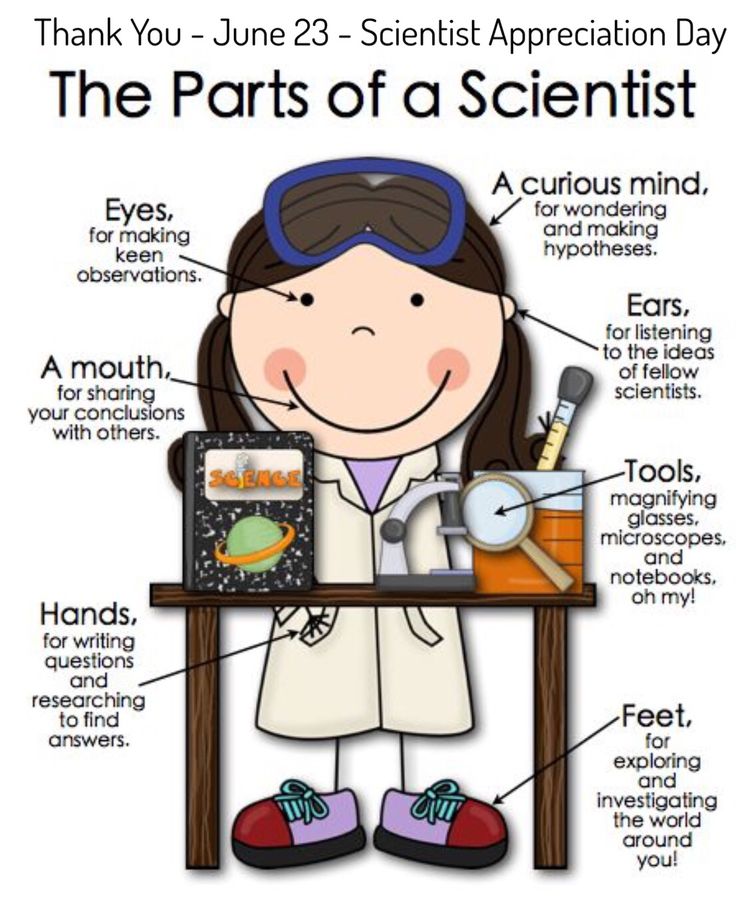 But there are still big questions about the drug’s effectiveness and safety. FULL STORY
But there are still big questions about the drug’s effectiveness and safety. FULL STORY
Can history become a real science? • Alexander Markov • News of Science on "Elements" • History, Demography, Mathematics
The article is certainly interesting, but the author is overwhelmed at turns.
First, the title. Naturally, the real science is only quantum physics (well, maybe even nanotechnology), and the rest is stamp collecting, idle talk and demagogy. of course, history is a pseudoscience, and it’s high time to put Braudel, Le Goff, Gurevich, Mark Blok, Huizeng, Marcel Granet and others on waste paper (many of the above, by the way, quite successfully applied the methods of mathematical statistics and demography in their writings). In short, the headline came out not at all funny: the firm conviction of "non-humanists" (about the fact that the division into humanities and natural scientists is the last century and complete stupidity, I don’t even want to talk) that any book in which there is no formulas, is detrimental to the evolution of mankind, and the author of such a book should at least be shot - a stereotype no less pernicious than the mirror-reverse stereotype of "humanitarians".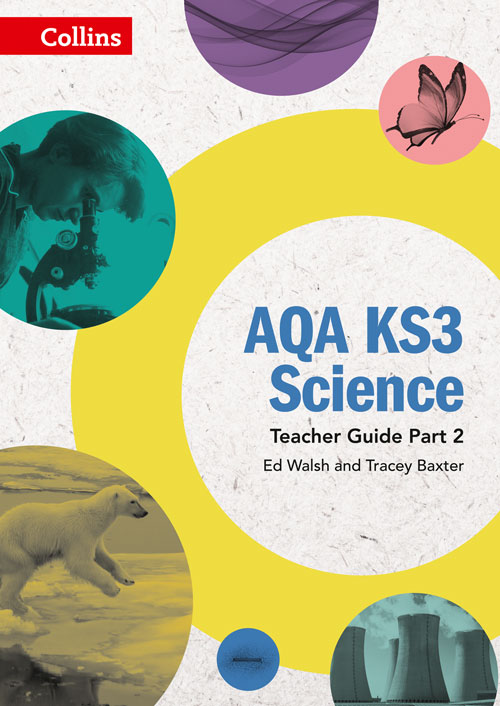 Take economic history, cognitive science, structural anthropology, the philosophy of logical analysis - can you clearly say "humanitarian" sciences or natural sciences? All possible and necessary revolutions in science (including history) have already taken place, and there is no need to call for new ones, when no one has yet definitively departed from the previous ones, when sufficient material has not yet been collected and processed for some far-reaching conclusions.
Take economic history, cognitive science, structural anthropology, the philosophy of logical analysis - can you clearly say "humanitarian" sciences or natural sciences? All possible and necessary revolutions in science (including history) have already taken place, and there is no need to call for new ones, when no one has yet definitively departed from the previous ones, when sufficient material has not yet been collected and processed for some far-reaching conclusions.
Second, statistics alone cannot explain the history of human society. On the contrary, data obtained with the help of statistics absolutely needs to be explained and analyzed separately (this is what history is for, and this is what it is now doing). This passage, for example, perfectly shows us what unfounded conclusions are based on some statistics: “Also, Tony Blair, who, when he was prime minister, tried to bring the level of young people with higher education to 50%, apparently did not know that the rapid growth in the number of educated youth preceded political crises in many societies from Western Europe in the mid-19th century to Japan during the Tokugawa shogunate, modern Iran and the Soviet Union.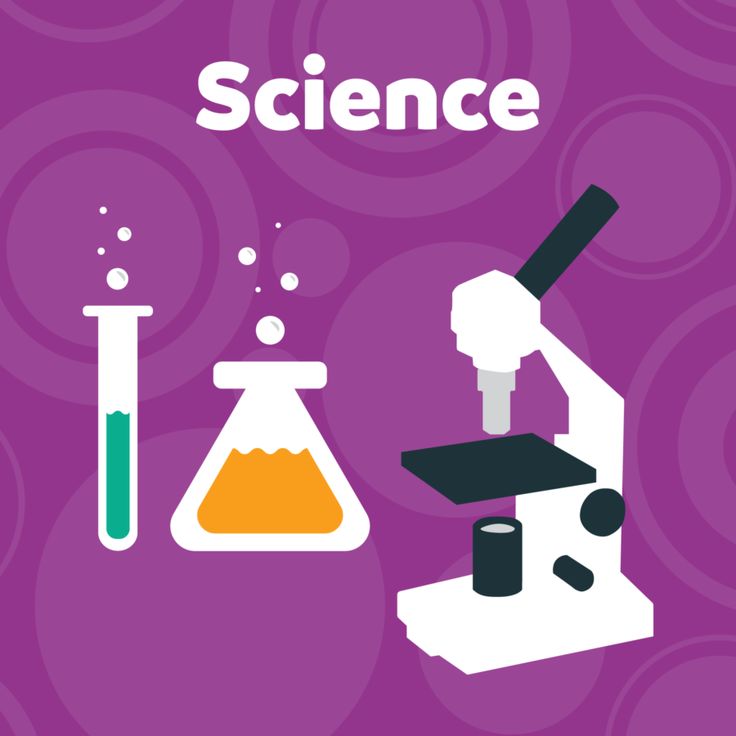 Those. is it necessary to lower the level of educated people as soon as possible, otherwise political crises will break out? Or more - increasing the level of educated youth leads to political crises? So that's what it's all about! Economists, political scientists, philosophers and historians have argued and continue to argue so much about the causes of political crises, but the problem is in the level of educated youth - that’s how it is, all universities urgently need to be closed to hell, and let unemployment, inflation, mortality and other dirty tricks is growing, the main problem has already been eliminated.
Those. is it necessary to lower the level of educated people as soon as possible, otherwise political crises will break out? Or more - increasing the level of educated youth leads to political crises? So that's what it's all about! Economists, political scientists, philosophers and historians have argued and continue to argue so much about the causes of political crises, but the problem is in the level of educated youth - that’s how it is, all universities urgently need to be closed to hell, and let unemployment, inflation, mortality and other dirty tricks is growing, the main problem has already been eliminated.
You see, the existence of some possible correlation between two processes does not prove or disprove anything - it is just a correlation between two processes, while there are hundreds of significant processes taking place in society. In order to analyze them all and draw a generalizing conclusion based on them (which, in fact, will have to be explained somehow, and not just glued to the wall), a supercomputer is needed that can also, for example, predict natural disasters (which, too, like strangely, affect human society, no matter how annoying it may seem to the members of this society). Here's an example of an iron correlation - I put a spoon to my mouth a few times a day and at 95% of the time it contains food. So from this it is impossible to conclude that bringing a spoon to your mouth is the reason for the appearance of food there - food appears because I take it or scoop it up with this spoon beforehand, and I bring it to my mouth just the same, because there is ALREADY food there (well, or I just don’t notice that she fell out of there on my pants - the remaining 5%). Statistics must be applied very carefully, so that such incidents did not work out, and the fact that there is such an incident in the article itself is, of course, very strange.
Here's an example of an iron correlation - I put a spoon to my mouth a few times a day and at 95% of the time it contains food. So from this it is impossible to conclude that bringing a spoon to your mouth is the reason for the appearance of food there - food appears because I take it or scoop it up with this spoon beforehand, and I bring it to my mouth just the same, because there is ALREADY food there (well, or I just don’t notice that she fell out of there on my pants - the remaining 5%). Statistics must be applied very carefully, so that such incidents did not work out, and the fact that there is such an incident in the article itself is, of course, very strange.
Finally, the third and most important point about the essence of history and the "causes of the health of society." Actually, when history starts to deal with the causes of the health of a society, we usually get a pseudo-history that divides societies into "healthy" (=good) and "sick" (=bad), and then gives carte blanche right into the hands of those in power on the "recovery" of certain societies in one way or another (usually by force). Comparison of the social sciences with medicine smells too strongly this time of really unhealthy ideas of the 20s and 30s of the last century, of course.
Comparison of the social sciences with medicine smells too strongly this time of really unhealthy ideas of the 20s and 30s of the last century, of course.
Here we must make one very important addition regarding the social sciences in general. The whole complexity of the social sciences is not that they deal with "endowed with free will" or even "soul" (I will not even comment on this), but that, unlike the natural sciences, in which the scientist acts as an observer, in In the social sciences, the social scientist is part of what he is trying to analyze in any way. Social sciences cannot draw any definitive conclusions (let alone forecasts) about humanity in general and its history, simply because for this they need to jump over themselves and somehow manage to look at themselves from the side, which is absolutely impossible. for a number of reasons derived by psychology, linguistics and philosophy. Even for the so-called. natural sciences, there are the Heisenberg principle, Gödel's theorem and other concepts that prove that not everything is so smooth in the Danish kingdom. Science is generally not a project that is done in one fell swoop in a couple of days, it is, in principle, the most difficult job that humanity can take on - to explain what kind of world we live in and who we are. And there is no guarantee that we will succeed in this work: that we will defeat at least most diseases, that we will fly beyond the solar system, that we will be able to predict the collapse or emergence of great civilizations.
Science is generally not a project that is done in one fell swoop in a couple of days, it is, in principle, the most difficult job that humanity can take on - to explain what kind of world we live in and who we are. And there is no guarantee that we will succeed in this work: that we will defeat at least most diseases, that we will fly beyond the solar system, that we will be able to predict the collapse or emergence of great civilizations.
In order to predict what this or that society will be like in 10 or 100 years, we must have ALL the information about this society, we must highlight some factors that will be decisive in the further development of this society, and we will do this from the position of a person, inside this society, we will never be able to. + Imagine, there really could be many reasons for the fall of Rome, and not at all one, moreover, some of these reasons (the invasion of "barbarians", for example) were external in relation to Rome.
History is a complex science (like any other).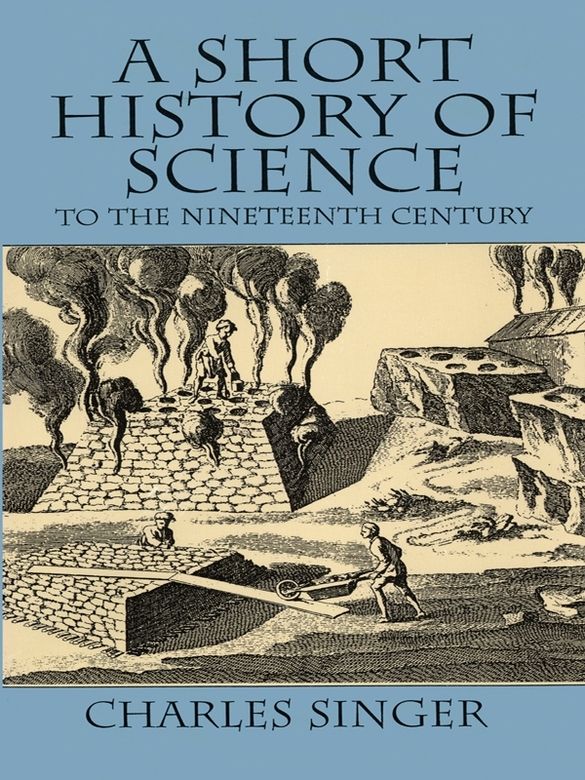 It cannot be reduced to just statistics (some people reduce the whole economy to statistics - and look how wonderfully, easily and naturally, they cope with the food crisis, the energy crisis, the inflation rate and other annoying moments), only to anthropology or the history of consciousness, only to enumerate facts or only to search for general patterns. These laws have been known for a long time - for example, that all people in all societies sleep, eat and forbid the murder of the mother and sex with the mother. The question that history poses is not exactly what is common between societies (it’s clear that there are many, because we are representatives of the same biological species, you can’t argue with that), but why they all -are different. Why are China and Japan completely different, which seems to be nearby, and borrowed everything from China, but no, with some skill you can still distinguish a Japanese from a Chinese, and even the structure of Japanese society from Chinese - for sure, they are completely different .
It cannot be reduced to just statistics (some people reduce the whole economy to statistics - and look how wonderfully, easily and naturally, they cope with the food crisis, the energy crisis, the inflation rate and other annoying moments), only to anthropology or the history of consciousness, only to enumerate facts or only to search for general patterns. These laws have been known for a long time - for example, that all people in all societies sleep, eat and forbid the murder of the mother and sex with the mother. The question that history poses is not exactly what is common between societies (it’s clear that there are many, because we are representatives of the same biological species, you can’t argue with that), but why they all -are different. Why are China and Japan completely different, which seems to be nearby, and borrowed everything from China, but no, with some skill you can still distinguish a Japanese from a Chinese, and even the structure of Japanese society from Chinese - for sure, they are completely different .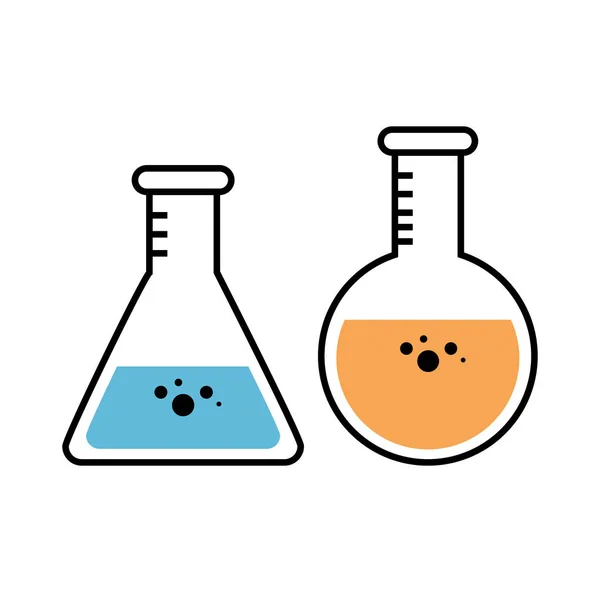
The general conclusion is that the pathos of the article is not at all appropriate, although it is quite good apart from this pathos. There is simply no revolution here, the theory of social cycles has existed for a very long time, mathematical methods have been successfully used all the time in history, demography was also not invented yesterday - what is the sensation? The fact that someone decided to throw the whole story in the trash again and build their own, with blackjack and whores? Well, it's not funny then at all. You are engaged in the popularization of science, and history needs popularization and restoration of its authority like no other science, they don’t study at history lessons because they don’t know them or they don’t know them well enough, and not because this history is so bad and does not teach anything. Even as he teaches, you just need to be able to learn, and not to make accusations to the teacher every time.
ps I'm sorry for such a long comment, but answering 2-3 sentences in the style of "nezachot", as I understand it, is not at all accepted by you, and this is correct.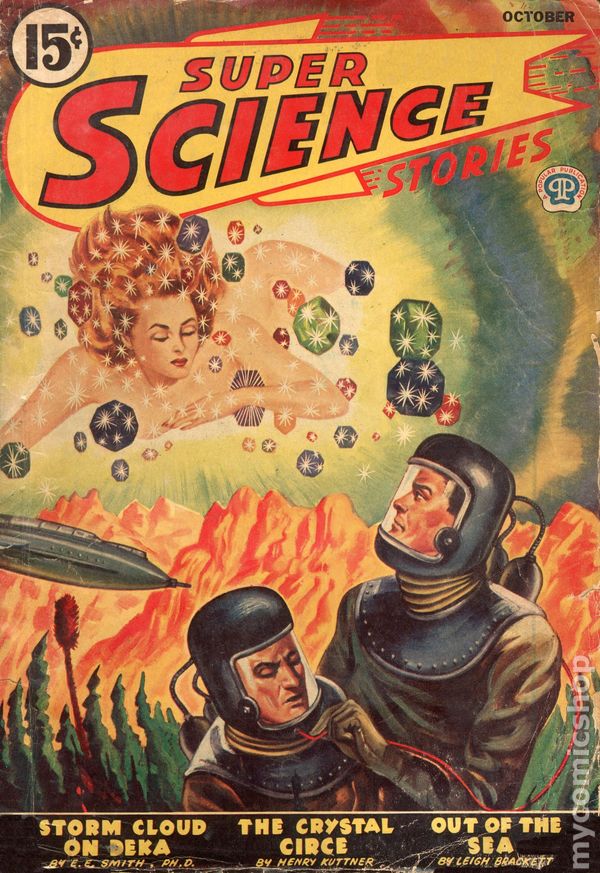 so if you discuss, then discuss everything and in detail, otherwise there is no point.
so if you discuss, then discuss everything and in detail, otherwise there is no point.
did not want to offend anyone, if anything.
what specialties require historical knowledge
As soon as primitive people became a society, that is, a group of individuals who had common goals, interests and values, they tried to pass on from generation to generation the memory of the most significant events taking place in the life of the tribe. In these stories, authenticity was mixed with fiction, but the further humanity developed, the more real they became. And when writing appeared, history gradually turned into a scientific discipline, with which many activities are associated today.
Tables
- Who studies
- Useful video: why and how to learn the story
- History Plus literature
- How to get a diploma
- Useful video: profession historian
- Conclusion
History refers to sciences of socially - humanitarian direction, studying the development of mankind as a society, its worldview and ideology.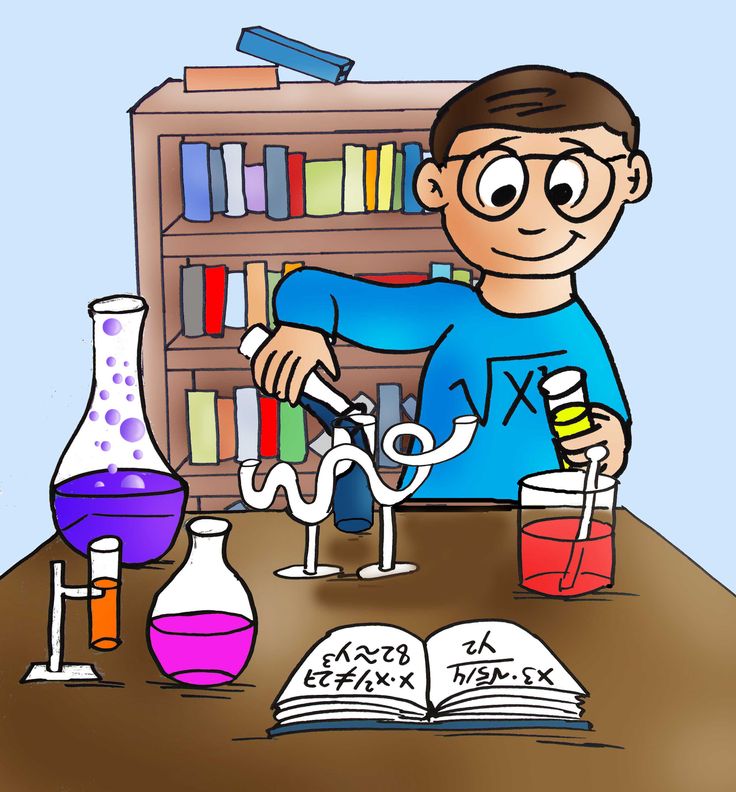 The list of professions associated with this discipline is very long, since it demonstrates the basic laws of the development of society, the knowledge of which is necessary for people of many specialties.
The list of professions associated with this discipline is very long, since it demonstrates the basic laws of the development of society, the knowledge of which is necessary for people of many specialties.
Many processes are greatly extended in time, therefore they are not as obvious as, for example, the law of universal gravitation, but they are just as real and inevitable, so attempts to violate them due to ignorance or non-recognition are fraught with the most serious consequences, both for individual countries and peoples and for humanity as a whole.
Historian studies primary sources
Important! In order to be able to manage not only their present, but also, to some extent, their future, people must firmly remember the lessons of history.
History is an essential subject for anyone who wants to work in areas related to education, politics, lawmaking, people management .
Answering the question, what professions are associated with in-depth study of this discipline, it is necessary to mention:
- history teachers at all levels - from secondary school to higher specialized education;
- historians who study the past of mankind in all its diversity and recreate, with the help of various methodological methods, pictures of real life that exist now and that have gone into the past of states and peoples;
- archaeologists conducting excavations, studying and systematizing material evidence of the deep past of mankind.
 There are many techniques with which you can work with historical material, "looking" into the past;
There are many techniques with which you can work with historical material, "looking" into the past; - employees of museums of various directions - historical, local history, archaeological;
- employees of archival institutions: archivists, archivists responsible for accounting, storage and systematization of documentary materials;
- lawyers. Since lawmaking has developed along with mankind, the origins of many aspects of jurisprudence lie in the deep past of human civilization;
- diplomats. Working in the field of international relations, it is necessary to know very well the history of one's own country and those states in establishing contacts with which the diplomat is directly involved;
- politicians and political scientists. No one can be entitled to participate in the government of the state, make forecasts, comment and give recommendations on the adoption of politically important decisions, if he is not familiar enough with his history.

The historical profile includes the profession of an ethnologist, whose field of activity is at the intersection of cultural studies, sociology, anthropology and ethnography. All these sciences are also included in the field of history, and in their study it is one of the specialized disciplines.
The concept of history is extremely broad, and no one can simultaneously consider himself an expert in all its directions, but all together historians manage to recreate in the memory of mankind pictures of its real past.
They specialize in in-depth study of certain time periods of various states, as well as in narrower thematic areas.
For example, a military historian studies the problems of this or that war, from the nearest to us in time to bygone military campaigns, can tell about the reasons for its emergence and development, about military campaigns and central battles, about what preceded it, when, where and how did it end.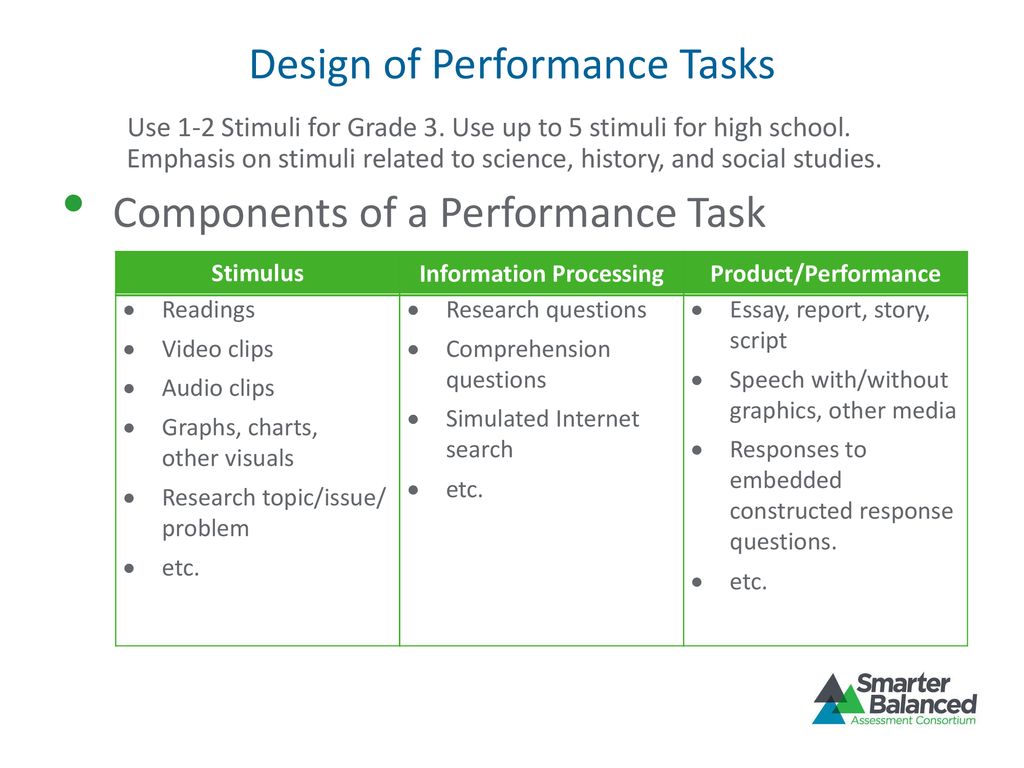
Thus, a specialist with a history education will easily find many areas of activity where he can apply his knowledge. The choice of direction depends solely on the inclinations and abilities of a person with a degree in history.
Useful video: why and how to teach history
History plus literature
These two disciplines have much in common, since both belong to the group of humanities and require the ability to describe and state the facts of the past days in a competent and lexically rich literary language . The most famous professions connected with history and literature at the same time:
- writer, whose work is dedicated to real historical events;
- editors and translators of works.
People of these professions should be well versed in the abundance of events and facts, selecting the most significant for their chosen topic.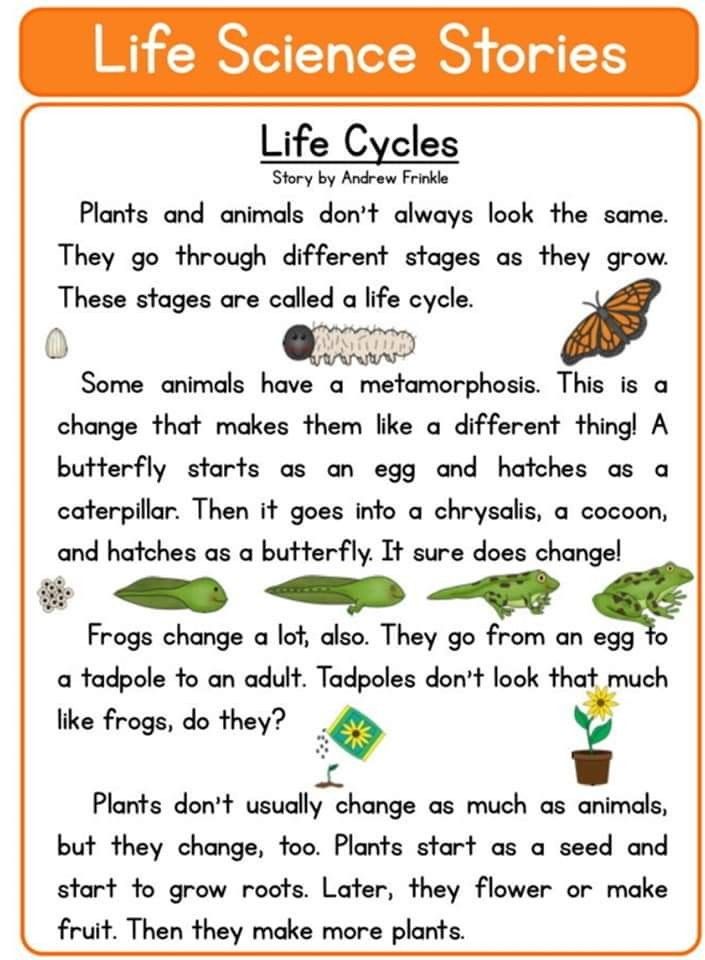 The profession of a military journalist also includes a mandatory deep knowledge of historical disciplines, only in this case a person will be able to write a competent and truthful article on military topics.
The profession of a military journalist also includes a mandatory deep knowledge of historical disciplines, only in this case a person will be able to write a competent and truthful article on military topics.
The description of long-standing events and the not so distant past is in itself a fascinating read. If you add literary fiction framed by real facts to it, you can create historical novels. Many classics of Russian literature wrote their masterpieces in this genre: Alexander Pushkin ("The Captain's Daughter"), Nikolai Gogol ("Taras Bulba"), Leo Tolstoy ("War and Peace"), Alexei Tolstoy ("Peter the Great").
Nikolai Gogol "Taras Bulba"
Some authors have made the historical novel the main focus of their work. The books of the Russian writer of the Soviet period Valentin Pikul, whose characters live and act in different eras of Russian history, are widely known.
The most popular are:
- Favorite.
- "Pen and sword".
- Bayazet.

- Hard labor.
- "Unclean power".
This genre of literature plays a big positive role, helping to popularize history as a science among the broad masses, involving schoolchildren and students in its study. If a novelist decides to create books in this direction, he must first deeply study the real events of the time he is going to write about, so that his works are fully consistent with historical truth. Therefore, in addition to literary education, it is desirable to receive an in-depth specialized education, thanks to which it will be possible to work with historical material at a professional level.
V. Pikul "Favorite"
How to get a diploma
Having learned what professions require historical science, applicants and students of senior secondary school can begin its in-depth study. A historian is a specialist with a higher education, and you can get it at any specialized university. You can work as a school history teacher after graduating from the Faculty of History of the Pedagogical Institute.
Faculty of history, available in all Russian universities of the humanities, provide more in-depth knowledge in this discipline. A graduate with a university degree can either be a high school teacher or devote himself to some other specialty in history.
When entering a university in order to obtain one of the above professions, applicants, in order to secure a place among students, should try to score as many points as possible when passing a unified state exam (USE) for a high school course in a number of humanitarian disciplines.
Let's list them:
- History and social science.
- Russian language and literature.
- Foreign language.
The term of study at the university is from four to six years, depending on the chosen form of higher education - bachelor's or master's degree.
Useful video: the profession of a historian
Conclusion
All professions, one way or another connected with history, are in demand on the labor market, but the profession of a school history teacher is in the greatest demand.

